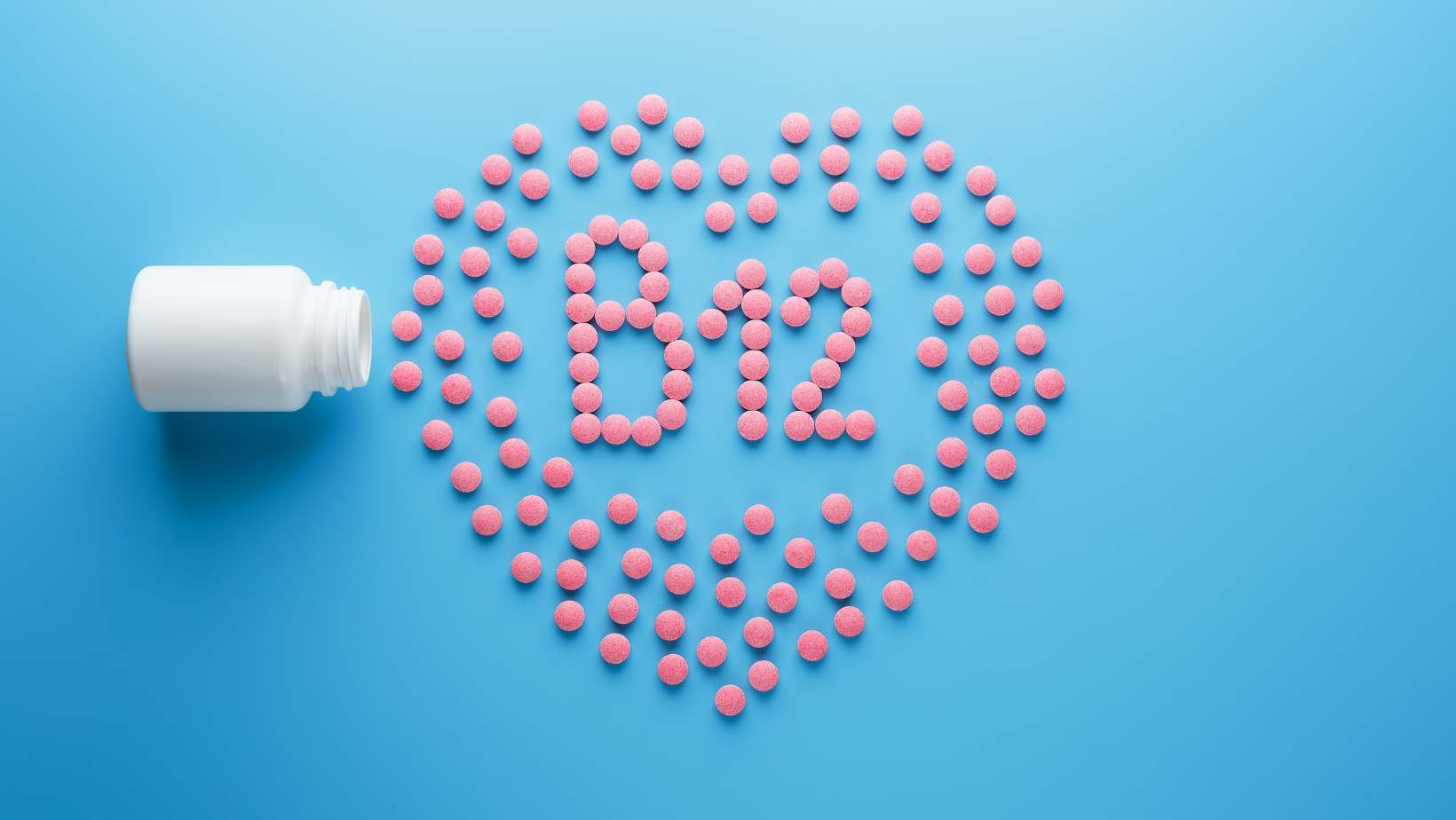You may not give much thought to vitamin B12 – until you don’t have enough of it. This crucial nutrient, also known as cobalamin, plays a vital role in everything from red blood cell formation to brain function. And as I recently learned from Drs. Brad Weening and Paul Zalzal, B12 deficiency is far more common than you might think. Here’s what they want you to know about spotting and correcting a shortfall.
B12’s Big Jobs in Your Body
“B12 is really a VIP when it comes to your health,” explains Dr. Weening. “It’s essential for forming red blood cells, creating DNA, and keeping your brain and nerve cells firing on all cylinders.” Bacteria in your gut actually produce B12, but to get enough, you need to consume it through food or supplements.
Subtle Symptoms, Serious Consequences
One of the tricky things about B12 deficiency is that its symptoms can be vague and easily attributed to other causes. “Fatigue, weakness, nausea, weight loss, irritability, and a rapid heartbeat can all be signs of low B12,” says Dr. Zalzal. “But because these symptoms are so nonspecific, many people don’t realize that B12 is the culprit.”
Left unchecked, B12 deficiency can lead to more severe consequences. “When B12 levels get really low, it can cause neurological problems like numbness, tingling, balance issues, and even memory loss,” cautions Dr. Weening. “It also increases your homocysteine levels, which raises your risk of stroke.”
Are You at Risk?
So who’s most likely to run low on B12? The docs say these groups should be especially vigilant:
- Vegans and vegetarians
- People over 50
- Those who have had bariatric (weight loss) surgery
- Individuals with digestive disorders like Crohn’s or celiac disease
“As we age, our ability to absorb B12 decreases,” notes Dr. Zalzal. “And if you’ve had bariatric surgery or have certain digestive conditions, your gut may not be able to properly extract B12 from your food.”
Getting Tested: More Than Just a Number
If you suspect you might be low on B12, a blood test can confirm it – but it’s not always cut and dry. “Some people can have a normal B12 level but still have what’s called a functional deficiency,” says Dr. Weening. “That’s why we also look at methylmalonic acid and homocysteine levels, which can be more sensitive indicators of a B12 problem.”
Boosting Your B12 Intake
So how can you ensure you’re getting enough of this vital vitamin? Animal products like meat, fish, eggs, and dairy are the best natural sources. “This is one area where our carnivore viewers can feel vindicated,” jokes Dr. Zalzal. “But you don’t have to eat a lot of meat to get enough B12 – a couple servings a week should suffice.”
If you don’t eat animal products, don’t despair – there are still ways to get your B12. “Look for fortified foods like cereals, plant-based milks, and nutritional yeast,” suggests Dr. Weening. “But even then, you may need a supplement to be sure you’re meeting your needs.”
Picking the Right Supplement
When it comes to B12 supplements, the docs say you don’t need to break the bank. “Cyanocobalamin is the cheapest and most reliable form,” says Dr. Zalzal. “You can find it in chewable tablets or sublingual (under the tongue) forms for better absorption.”
As for how much to take? “If you’re taking it daily, aim for 50-100 micrograms,” advises Dr. Weening. “If you prefer a weekly dose, go for 1000-2000 micrograms.” And don’t just swallow your supplement whole, he cautions. “You need to chew it or let it dissolve under your tongue so the acids in your mouth have time to break it down for absorption.”
The Bottom Line
B12 may be a behind-the-scenes player in your body, but its importance can’t be overstated. If you think you might be running low, talk to your doctor about getting tested – and consider adding a supplement to your routine. Your blood, brain, and DNA will thank you.
Frequently Asked Questions
Q: Can I get enough B12 from a plant-based diet?
A: It’s possible, but challenging. B12 is found primarily in animal products, so vegans and vegetarians are at higher risk for deficiency. Fortified foods and supplements are often necessary to meet B12 needs on a fully plant-based diet.
Q: How long does it take to correct a B12 deficiency?
A: It depends on the severity of the deficiency and the underlying cause. If your B12 levels are very low or you have pernicious anemia (an autoimmune condition that impairs B12 absorption), you may need high-dose injections or supplements for several months to replenish your stores. For milder deficiencies, oral supplements can typically normalize levels within a few weeks.
Q: Can you have too much B12?
A: It’s very rare to overdose on B12 from food or supplements. Because it’s a water-soluble vitamin, your body will excrete any excess in your urine. However, if you have certain medical conditions like kidney problems or gout, check with your doctor before starting a B12 supplement, as it could potentially worsen these issues.
